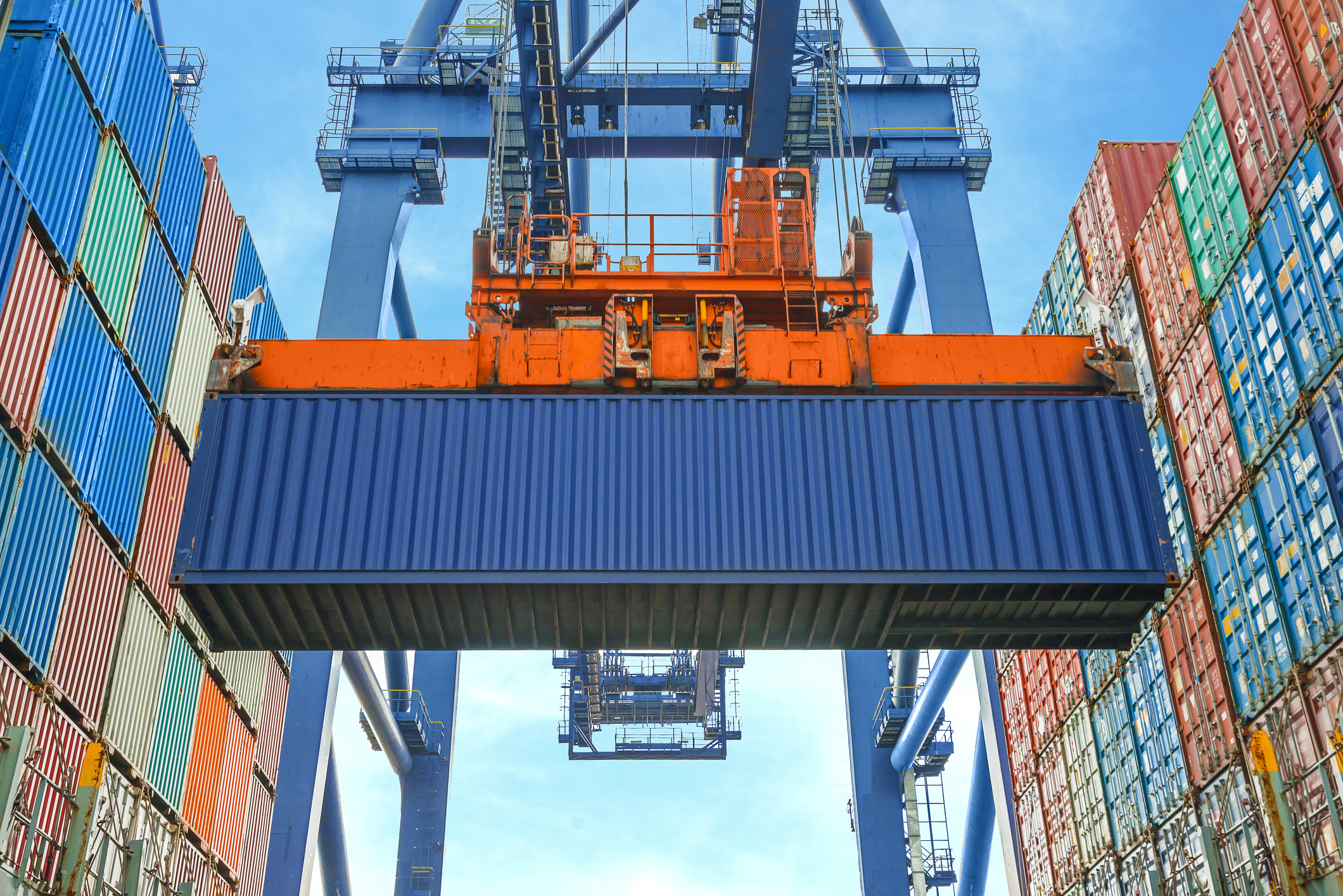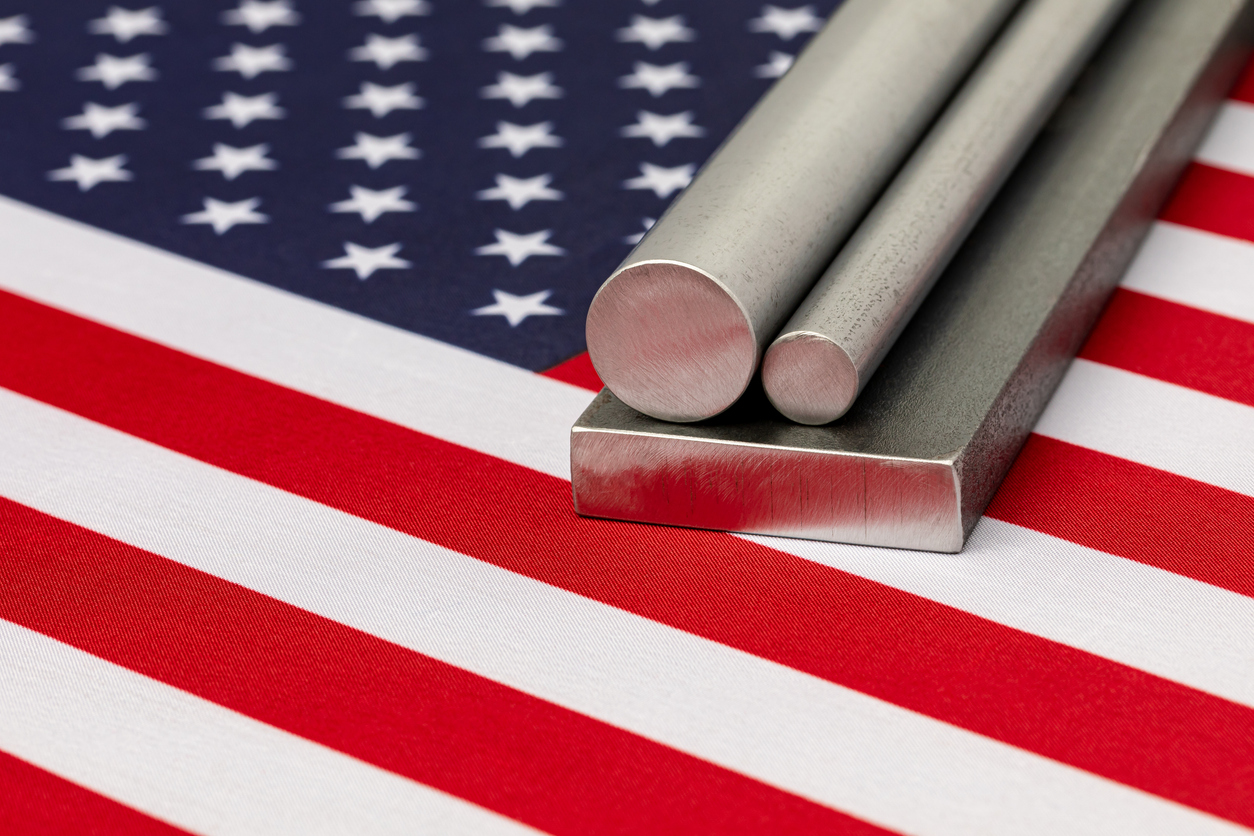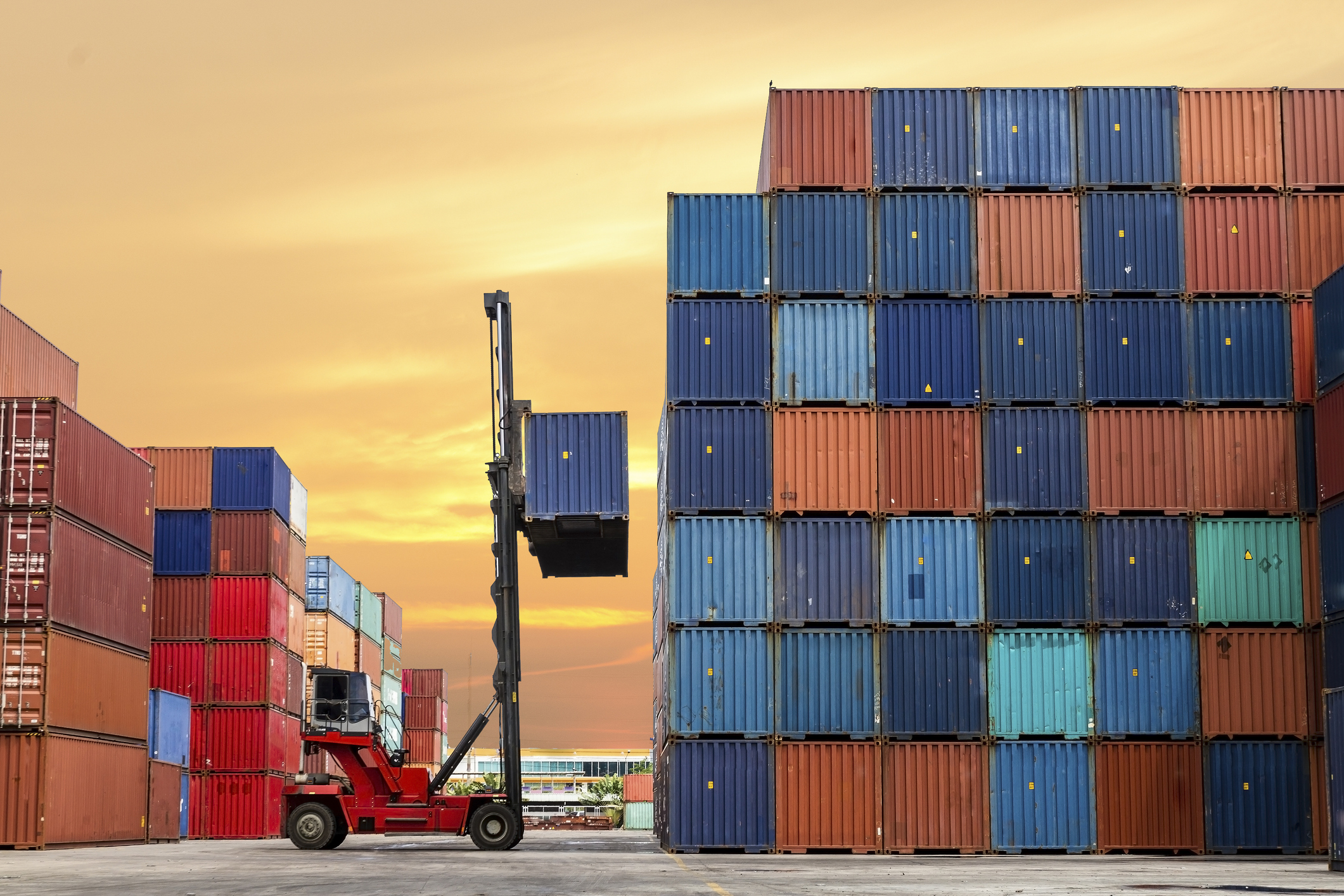Former employees who blew the whistle on the duty evasion will share a $500k whistleblower reward.

ADCO Industries, a Texas-based importer of industrial products, has agreed to shell out $2.5 million to end a whistleblower lawsuit alleging it knowingly undervalued merchandise from China to fraudulently reduce its customs duties.
Two former ADCO employees initiated the customs-fraud whistleblower lawsuit under the False Claims Act and will share a whistleblower reward of $500,000, according to the U.S. Justice Department, which intervened in the case.
Double-invoicing Undervaluation Fraud
The whistleblowers alleged ADCO conspired with XTM, its Chinese supplier, to underpay duties through a double-invoicing scheme. XTM provided ADCO with two sets of invoices for each transaction, according to the complaint.
The first set consisted of commercial invoices for filing with U.S. Customs and Border Protection which allegedly contained fraudulently understated prices. ADCO submitted those allegedly undervalued invoices to the government with its customs entry documents, using them as the basis for the values it declared.
The second set of invoices consisted of alleged “dummy” invoices in the amounts of the balances of the purchase prices. Those invoices, however, purported to be for services such as “engineering” and “tooling cost” which were in fact fictitious and nonexistent, according to the whistleblowers.
While remitting payment to XTM based on the combined values of the two invoices, ADCO declared only the values of the understated commercial invoices to CBP, the whistleblowers alleged. ADCO thereby allegedly fraudulently reduced its duty obligations.
ADCO allegedly concocted the scheme immediately after the U.S. imposed Section 301 tariffs on the XTM goods of 25% in 2019, according to the whistleblowers, one of whom worked as a bookkeeper at ADCO and the other as ADCO’s manager of logistics and billing.
In one shipment alone, ADCO falsely declared a value of $186,793 for merchandise instead of the accurate value of $311,323, resulting in the underpayment of nearly $40,000 in customs duties, the whistleblowers alleged.
False invoicing or double invoicing to undervalue merchandise is the most common type of customs fraud. Because customs duties are calculated based on the value of merchandise, fraudulent undervaluation results in a significant reduction of the duties owed.
Other types of customs fraud include the knowing declaration of inaccurate countries-of-origin or “COOs” or Harmonized Tariff Schedule or “HTS” classifications.
Customs Fraud & the False Claims Act
Because it can inspect only a fraction of the large number of shipments arriving at U.S. Ports, CBP relies primarily on an “honor system”—that is, for importers to truthfully declare and pay the duties they owe.
Fraudulent evasion of customs duties, however, is thought to be widespread, particularly in connection with imports subject to antidumping and countervailing duties (AD/CVDs) or merchandise from China subject to Section 301 tariffs, which carry the highest duty rates.
The U.S. government is increasingly relying on customs-fraud whistleblowers to expose these schemes, which effectively rob the American taxpayer as well as disadvantage law-abiding importers, business competitors, and U.S. domestic manufacturers.
The knowing underpayment of customs duties is a violation of the False Claims Act, which imposes significant liabilities and penalties on parties who submit false claims for payment to the U.S. government or understating the amounts they owe it, as in the case of customs duties. Violators are liable for “treble” or three times the government’s losses, plus penalties for each false claim.
Private parties known as qui tam relators or whistleblowers are entitled to file lawsuits on the government’s behalf, and generally receive 15%-30% of any proceeds as a reward.
Fraud is their game.
Integrity is yours.
Contact a Customs-fraud Whistleblower Lawyer
If you know of importers committing customs fraud, it is important to learn about your rights and options as a potential False Claims Act whistleblower. You must be represented by legal counsel to receive a False Claims Act whistleblower reward.
Contact experienced customs-fraud whistleblower attorney Mark A. Strauss for a free consultation and evaluation of your matter. All communications with Mr. Strauss are confidential and protected by attorney-client privilege.




